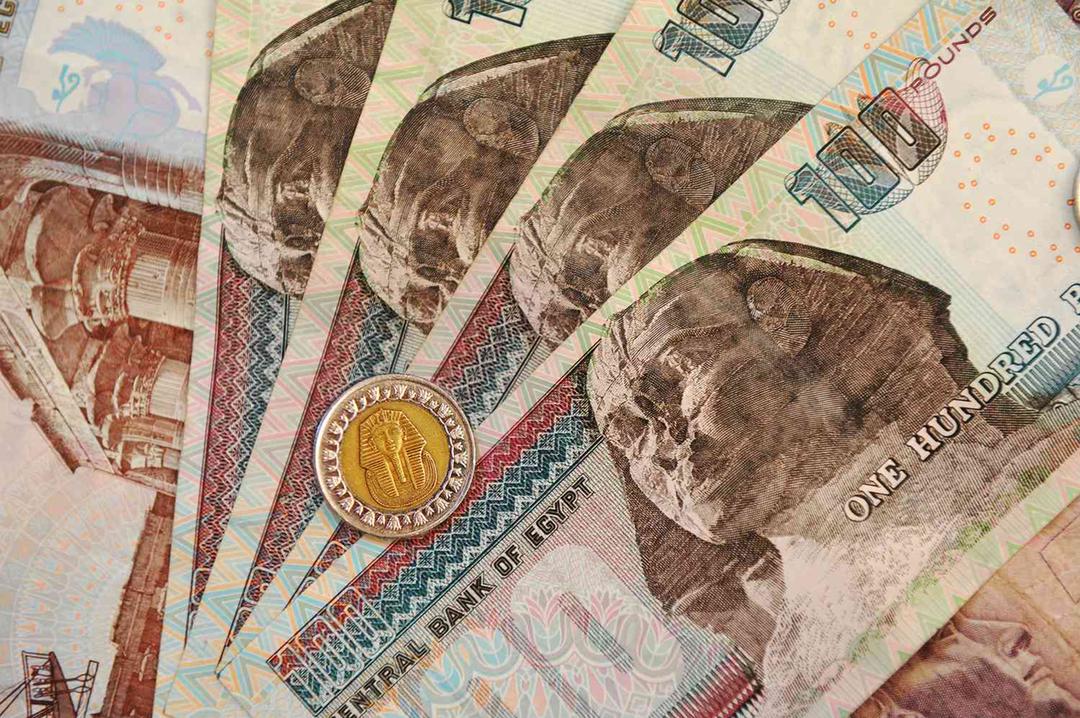

According to authorities, the Egyptian pound had its biggest one-day decline on Wednesday, January 4, 2023 since the cash-strapped government agreed to a $3 billion deal with the International Monetary Fund in mid-December.
Approximately three weeks after Egypt and the IMF formally ratified the support package in exchange for a number of economic reforms carried out by the nation’s Central Bank, including a switch to a flexible exchange rate, the pound dropped from around 24.7 for $1 to just over 26.3 against the dollar. The plan permits Egypt to receive an additional $14 billion in potential funding.
Years of government austerity, the coronavirus pandemic, and the effects of the war in Ukraine have all had a significant negative impact on the Egyptian economy. The majority of Egypt’s wheat imports historically came from eastern Europe, making it the world’s largest importer of grain. Egypt is currently experiencing a shortage of foreign cash as the value of the Egyptian pound relative to the dollar has fallen by more than 60% since the year 2022 began.
With the annual rate above 18% in November, Egypt has also been struggling with rising inflation in recent months. Interest rates have increased as a result of the Central Bank’s efforts to stop the rise. A further effort to control inflation, according to experts, was made when the National Bank of Egypt and Banque Misr, two of Egypt’s state-run banks, announced they would provide yield-saving certificates with 25% interest rates.
Source: Africanews.com
